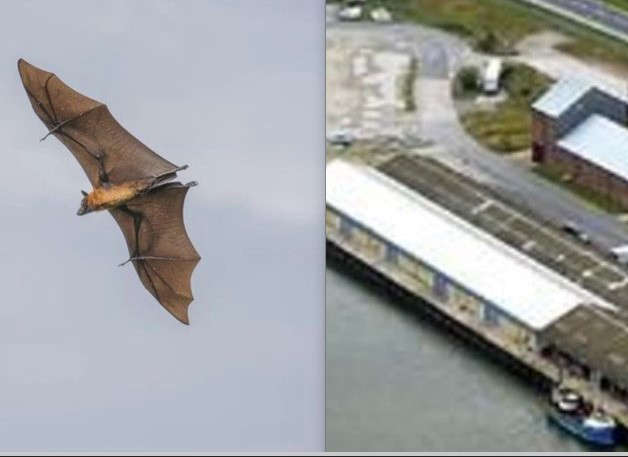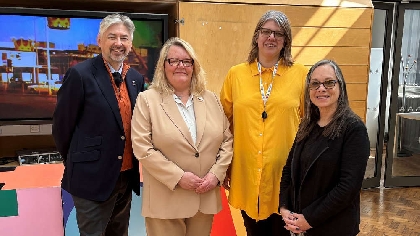
An investigation is to be held into whether Blackpool Council should run its own children’s homes in future after the spiralling cost of using private residential care was revealed.
Currently it costs the council £290,000 a year on average for each child in private residential care, with 74 children in the town currently looked after this way.
Figures show the number of children in care in Blackpool was 523 in September, with 14 per cent living in children’s homes – but these placements make up 55 per cent of the spending.
Around 67 per cent of children in care live with foster parents, but nationally the number of foster parents available is static which is why work is being done to encourage more people to open up their homes to vulnerable youngsters.
Blackpool still has one of the highest rates nationally of children living in care, but the rate has dropped to 182 per 10,000 population in 2022/24 compared to 194 in 2022/23. This remains much higher than the national rate of 71 for England.
Members of the Children and Young People’s Scrutiny Committee have agreed to carry out a six month detailed look at whether it would be more financially viable for the council to run its own children’s homes.
It comes after the committee was warned Children’s Services is currently forecast to overspend by £3.3m on its budget during the current financial year, of which £2.8m is in relation to children’s social care.
The department overspent by £6.6m in the previous financial year. The budget for children’s social care this year is just over £71m.
Last year, 64 per cent of the budget was used in direct support for children in care including youngsters with significant additional needs, while 36 per cent paid for the employment of staff including social workers, early help provision and the development of family hubs.
A report to the committee says: “Continuing to support more families to stay together where it is safe to do so, coupled with ensuring that we achieve value for money for residential services and supporting a financially sustainable market of quality foster care forms the basis for our Medium Term Financial Strategy.”



 Only Fools & Horses musical to continue after opening night abandoned following medical incident
Only Fools & Horses musical to continue after opening night abandoned following medical incident
 Decision made on demolition of old Fleetwood docks buildings after roosting bats report
Decision made on demolition of old Fleetwood docks buildings after roosting bats report
 New Business Centre named after influential 1930s architect
New Business Centre named after influential 1930s architect
 Liggard Brook improvement works to begin
Liggard Brook improvement works to begin
 Road closures for Blackpool Marathon and Half Marathon
Road closures for Blackpool Marathon and Half Marathon
 Showtown History Centre re-opened
Showtown History Centre re-opened
 Concern growing for missing Fleetwood man
Concern growing for missing Fleetwood man
 Teenager arrested after high speed pursuit on M6 and M65
Teenager arrested after high speed pursuit on M6 and M65




